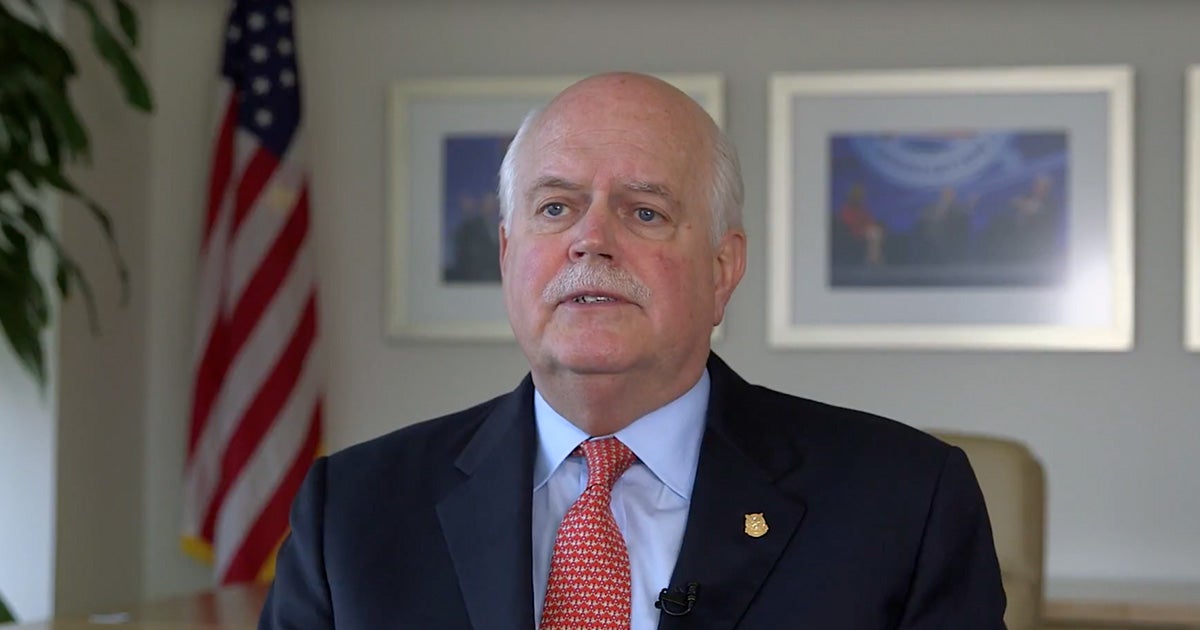While at the Geneva Auto Show this week, one topic dominated conversations among OEMs and dealers of all nameplates: President Donald Trump’s tariffs on imported steel and aluminum.
As you know, despite the objections of economists, and numerous domestic industries, as well as bipartisan concerns in Congress, on Thursday the president ordered tariffs of 25% on imported steel and 10% on imported aluminum.
Whatever the issue, NADA will always be on the side of maintaining vehicle affordability for our customers. Not only do we weigh every proposal against that affordability test, we ask policymakers to do the same thing so that we can sustain economic growth. Consumer demand drives the U.S. economy, and franchised dealers contribute almost 20% of retail sales nationally.
NADA is engaged on this issue, just as we were in 2017 when Congress first floated the idea of a border-adjustment tax (BAT), and the President decided to renegotiate NAFTA. And as with the BAT and NAFTA, we are extremely concerned about what any proposed tariff might mean for vehicle affordability and the ability of our customers to purchase the new cars and trucks they need to continue driving the American economy forward.
NADA has joined the Alliance for Competitive Steel and Aluminum Trade (ACSAT), a coalition representing a broad cross-section of industries, including autos, that produce and sell intermediate and finished goods containing steel and aluminum. ACSAT’s immediate recommendation is for “Congress and the President [to] work more cooperatively to achieve the proper balance between trade concerns and other national priorities.”
But, as with much in Washington in 2018, the reality of what is going on is far more nuanced than the headlines.
After first indicating that no exemptions would be granted, on Wednesday the White House said that it would exempt Canada and Mexico temporarily, in an apparent attempt to link the tariffs to NAFTA negotiations. Additionally, the Trump Administration has invited the other affected countries to enter discussions to create similar exemptions in exchange for trade concessions. As a result, we expect that many more caveats, clarifications and developments as the tariffs are implemented.
During the next 15 days the specifics of the plan will be developed by the Department of Commerce, and those details will determine the potential impact on a host of economic sectors, including auto manufacturing and retailing. Complex automotive supply chains could be disrupted immediately if OEMs and suppliers must look for new sources of steel and aluminum amid the uncertainty surrounding which intermediate products the tariffs could reach.
And then there’s the practical question of what the Administration can and can’t do unilaterally without Congressional approval. Congress gave the President the authority to impose tariffs under Section 232 of the Trade Expansion Act of 1962. Under that law, the Secretary of Commerce is authorized to investigate whether the importation of a given item threatens or impairs national security. Commerce Secretary Wilbur Ross began such investigations last year for steel and aluminum and issued a report which concluded that cheap imports weaken U.S. steel and aluminum industries. As strong steel and aluminum industries are important to defense industries, the tariffs are linked to national security. The conclusions of these reports effectively empower President Trump to assess tariffs for the steel and aluminum industries.
Since Congress has granted this general authority to the president, Congress could step in and overturn this decision. However, Congress would have to enact a new public law, which would take both time and, presumably, the support of two-thirds of both the House and Senate to sustain President Trump’s likely veto of the measure. Senator Jeff Flake (R- Ariz.) has indicated that he will introduce such a proposal. However, enactment would likely be difficult because there remains bipartisan support within Congress for this type of economic populism.
Finally, there may be administrative challenges or litigation filed against the Trump Administration for imposing the tariffs. The affected industries may challenge the tariffs in U.S. court, and our trading partners will likely do the same before the World Trade Organization. These causes of action will turn on the specific nature of the tariffs imposed and the facts and circumstances presented by the affected parties.
As these various scenarios play out, it is most critical for dealers to be part of a constructive dialogue. NADA was an active participant throughout the entire tax reform process, and serving as a constructive partner allowed us to explain to key members of Congress just how damaging the loss of floor plan interest deductibility would have been to dealers, our customers and even the manufacturers. We will play a similar role here.
As always, NADA will continue to work with the Trump Administration and Congress to advocate for policies, including trade policies, that enable our customers to be the driving force behind our success and the success of the U.S. economy.












